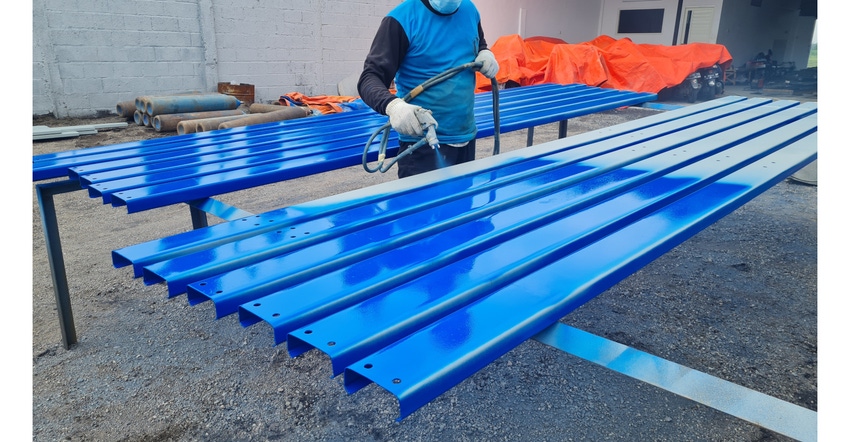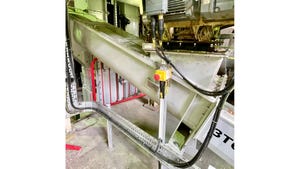The proposal will allow critical military, some manufacturing, and processing uses with strict workplace safety requirements.
April 21, 2023

The US Environmental Protection Agency (EPA) is proposing a ban on most uses of methylene chloride, a chemical known to cause serious health risks and even death. The proposal would protect people from these risks while allowing for some uses to continue only where strict workplace controls could be implemented to minimize exposures to workers.
Methylene chloride is the second chemical to undergo risk management under the reformed process created by the 2016 Frank R. Lautenberg Chemical Safety for the 21st Century Act, following agency proposed actions to protect people from asbestos exposure in 2022.
“The science on methylene chloride is clear; exposure can lead to severe health impacts and even death, a reality for far too many families who have lost loved ones due to acute poisoning,” said EPA Administrator Michael S. Regan. “That’s why EPA is taking action, proposing to ban most uses of this chemical and reduce exposures in all other scenarios by implementing more stringent workplace controls to protect worker health. This historic proposed ban demonstrates significant progress in our work to implement new chemical safety protections and take long-overdue actions to better protect public health.”
At least 85 people have died from acute exposure to methylene chloride since 1980, the EPA reported. These were mostly workers in home renovation contracting work and in some cases, while fully trained and equipped with personal protective equipment. Others have experienced severe and long-lasting health impacts, including certain cancers. Still, use of methylene chloride has remained widespread, even after EPA banned one consumer use in 2019.
Methylene chloride is used in a variety of ways including consumer uses such as aerosol degreasers and brush cleaners for paints and coatings; commercial applications such as adhesives and sealants; and in industrial settings for making other chemicals. For example, methylene chloride is used as a chemical intermediate in the production of hydrofluorocarbon (HFC) 32, which is used in refrigerant blends developed to replace substances with higher global warming potential.
EPA’s unreasonable risk determination for methylene chloride was driven by risks associated with workers, occupational non-users (workers nearby but not in direct contact with this chemical), consumers, and those in close proximity to a consumer use.
The agency's proposed risk management rule would rapidly phase down manufacturing, processing, and distribution of methylene chloride for all consumer uses and most industrial and commercial uses, most of which would be implemented in 15 months. For most of the uses of methylene chloride that EPA is proposing to prohibit, EPA’s analysis found that alternative products with similar costs and efficacy to methylene chloride products are generally available.
Worker Safety Program
For industrial manufacturing, industrial processing, and federal uses that EPA is not looking to prohibit, the agency is proposing a workplace chemical protection program with strict exposure limits to better protect workers. These proposed requirements would allow the continued processing of methylene chloride to produce chemicals that are important in efforts to reduce global warming outlined in the American Innovation and Manufacturing Act. Climate-friendly refrigerants and other chemicals play a significant role in combatting climate change and EPA’s proposed rule supports continued efforts to reduce emissions.
Employers would have one year after the finalization of the risk management rule to comply with the worker chemical protection plan and would be required to periodically monitor their workplace to ensure that workers are not being exposed to levels of methylene chloride that would lead to an unreasonable risk.
About the Author(s)
You May Also Like




